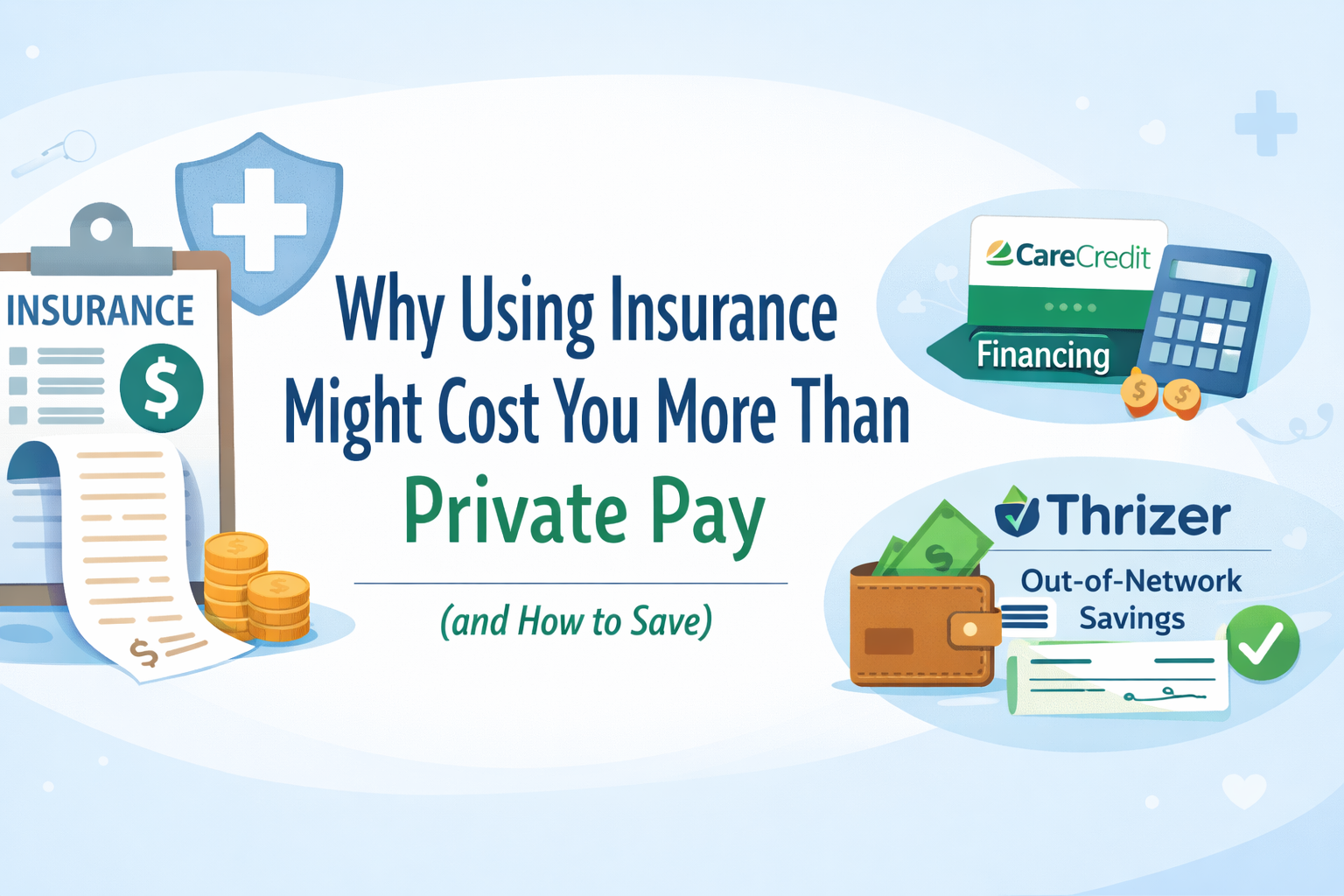Navigating Adolescence Together: Creating a Safe and Open Home

Navigating Adolescence Together: Creating a Safe and Open Home
Parenting a teenager can feel like an emotional rollercoaster—one moment it's all laughter, and the next you're navigating tears, frustration, and the occasional slammed door. It's not an easy phase, but it’s also one of the most rewarding. Adolescence is the time when kids are discovering who they are, pushing boundaries, and developing skills that will shape their future. And as parents, you play a crucial role in supporting them every step of the way.
This blog explores how validating your teen's emotions, creating a safe environment, balancing freedom with boundaries, and building trust can help you and your child move through this stage together with stronger bonds and mutual respect.
1. The Importance of Validation
When teenagers feel heard and understood, their emotional well-being thrives. A 2021 study from the Journal of Adolescent Research found that teens whose emotions and experiences are validated by their parents demonstrate higher self-esteem and better emotional regulation. Validation isn’t about agreeing with every feeling or decision—it’s about acknowledging that what they feel is real and important to them.
I remember a time when my teenage daughter came home upset after an argument with a friend. Instead of dismissing her feelings or saying, “It’s not a big deal,” I said, “That sounds really hard. I can see why you're upset.” It was a small shift, but it opened the door for her to share more. Seeing her relax and trust me with her thoughts was a turning point in our relationship.
How You Can Validate Your Teen:
- Listen Actively: Turn off distractions and give them your full attention.
- Acknowledge Their Feelings: Simple phrases like “I understand why you feel this way” can go a long way.
- Resist Problem-Solving: Focus on being a sounding board rather than immediately jumping in with solutions.
2. Creating a Safe and Open Environment
A safe and welcoming home environment fosters open communication, which is vital during the teenage years. According to research by the American Academy of Pediatrics, a supportive home atmosphere reduces risky behaviors and encourages healthy development.
One effective practice we've introduced in my own family is weekly "family meetings." Everyone gets a chance to share their thoughts and feelings, no interruptions or judgment allowed. These meetings have become an anchor for open communication, helping us address challenges together while celebrating each other's wins.
Tips to Create a Safe Space for Communication:
- Establish Regular Check-ins: Consistency builds trust.
- Be Nonjudgmental: Welcome their thoughts even if they challenge your own.
- Model Vulnerability: Share your own feelings or challenges to show it’s okay to open up.
3. Balancing Freedom and Boundaries
Independence is crucial for a teenager's growth, but freedom without boundaries can lead to unintended consequences. Successful parenting requires a balance—a structured yet open environment where teens feel safe to explore but understand their limits.
I remember setting parameters for my son when he became interested in skateboarding. We agreed on rules for curfews and wearing safety gear, but I gave him the freedom to explore skating as much as he wanted within those boundaries. The result? Not only did he develop confidence and independence, but he also respected the structure we’d set.
How to Strike the Right Balance:
- Set Clear Expectations: Be upfront about rules and consequences.
- Allow Choices: Give them some control, such as choosing how to complete chores or manage free time.
- Negotiate: Boundaries don’t have to be rigid—adjust them as your teen matures.
A 2020 study published in the British Journal of Educational Psychology revealed that clear, consistent boundaries coupled with autonomy positively impact academic performance and social competence.
4. Guiding Teens Through Exploration
The teenage years are a time of discovery, and your role is to guide them—not control them—as they make sense of the complexities around them. Whether it’s understanding friendships, navigating social media, or tackling deeper topics like current events, parental involvement is crucial.
When my teen encountered a challenging situation involving peer pressure, I prioritized being their guide rather than their enforcer. We discussed strategies for handling the situation together, and I shared stories from my own youth to provide perspective.
Role of Guidance:
- Offer Perspective: Share your experiences to help them contextualize their own choices.
- Stay in Tune: Keep an eye on their emotional and mental well-being.
- Navigate Together: Avoid dictating answers—instead, help them explore the problem.
5. Building Trust and Mutual Respect
Trust is the foundation of any strong parent-teen relationship. According to a longitudinal study by the University of California, Berkeley, teens who trust their parents are more likely to seek guidance during tough times. Building trust takes consistent effort but pays off in deeper connections.
Over the years, I’ve found that honesty is key. Whether it’s apologizing when I’ve made a mistake or following through on promises, showing my teen that I respect our relationship has strengthened our bond.
How to Build Trust with Teens:
- Be Consistent: Keep your word—whether it’s about sticking to curfews or celebrating milestones.
- Respect Their Privacy: Show them you trust them by avoiding unnecessary intrusions.
- Celebrate Wins: Acknowledging their achievements, no matter how small, fosters trust and appreciation.
6. Closing Thoughts
Parenting teens is not just about shaping them; it’s also about growth for you as a parent. By validating their emotions, fostering open communication, balancing freedom with boundaries, offering guidance, and building mutual trust, you create an environment where your teen feels supported, respected, and empowered to thrive.
Remember, adolescence is a team effort—one where both parents and teens learn from each other.
Discussion Questions:
- How do you currently validate your teenager's emotions and experiences? Can you recall a specific instance that stands out?
- What strategies have you found effective in creating a safe and open environment for communication?
- How do you balance freedom and boundaries with your teens? Any stories to share?
- How do you guide your teen through complex situations? What approach works best?
- What steps have you taken to build trust and mutual respect with your teenager?
Share your experiences in the comments below—we’d love to hear what’s worked for you!
As partners in your teen’s development, you can help lay the foundation for a strong, healthy, and respectful relationship that will last far beyond their teenage years. If you are interested in Parent Coaching, contact Therapy Haven and Consulting by visiting therapyhaven.org, emailing info@therapyhaven.org or call 803-373-1240


